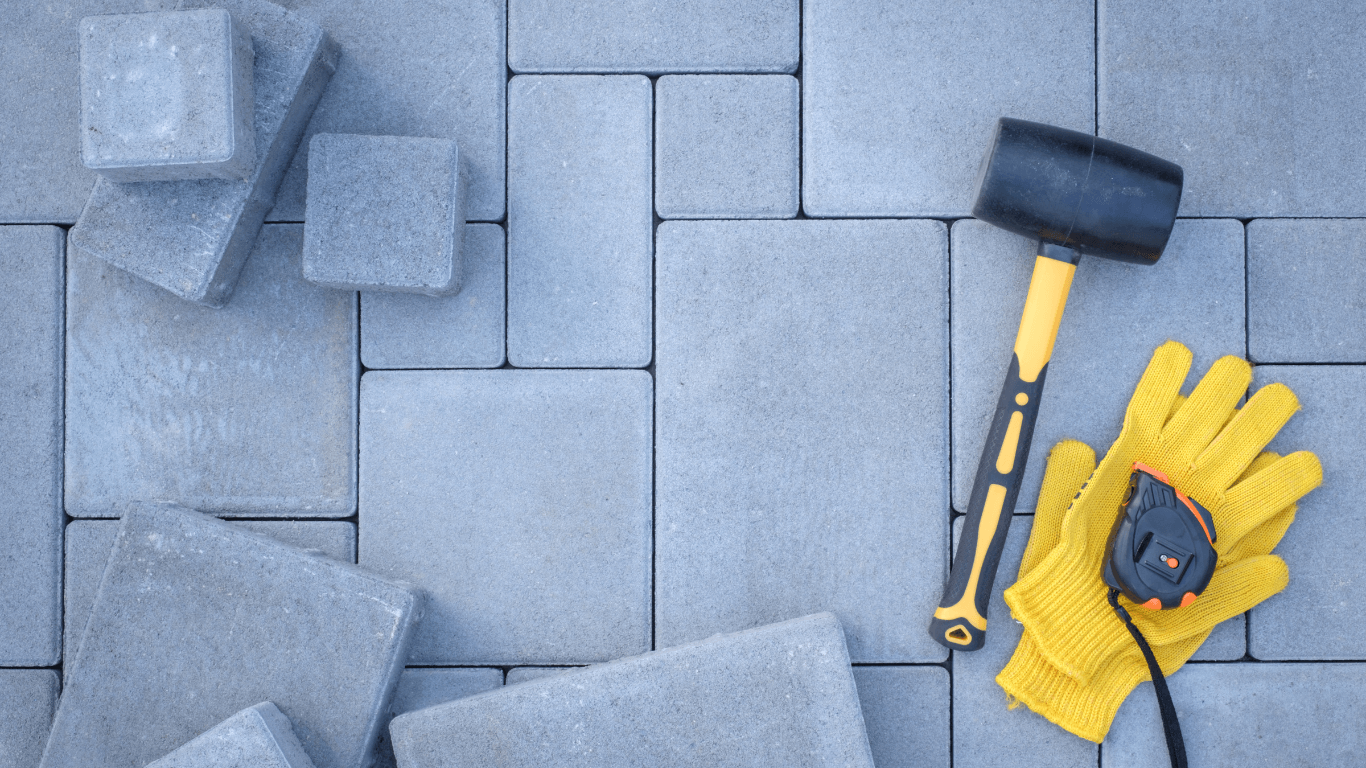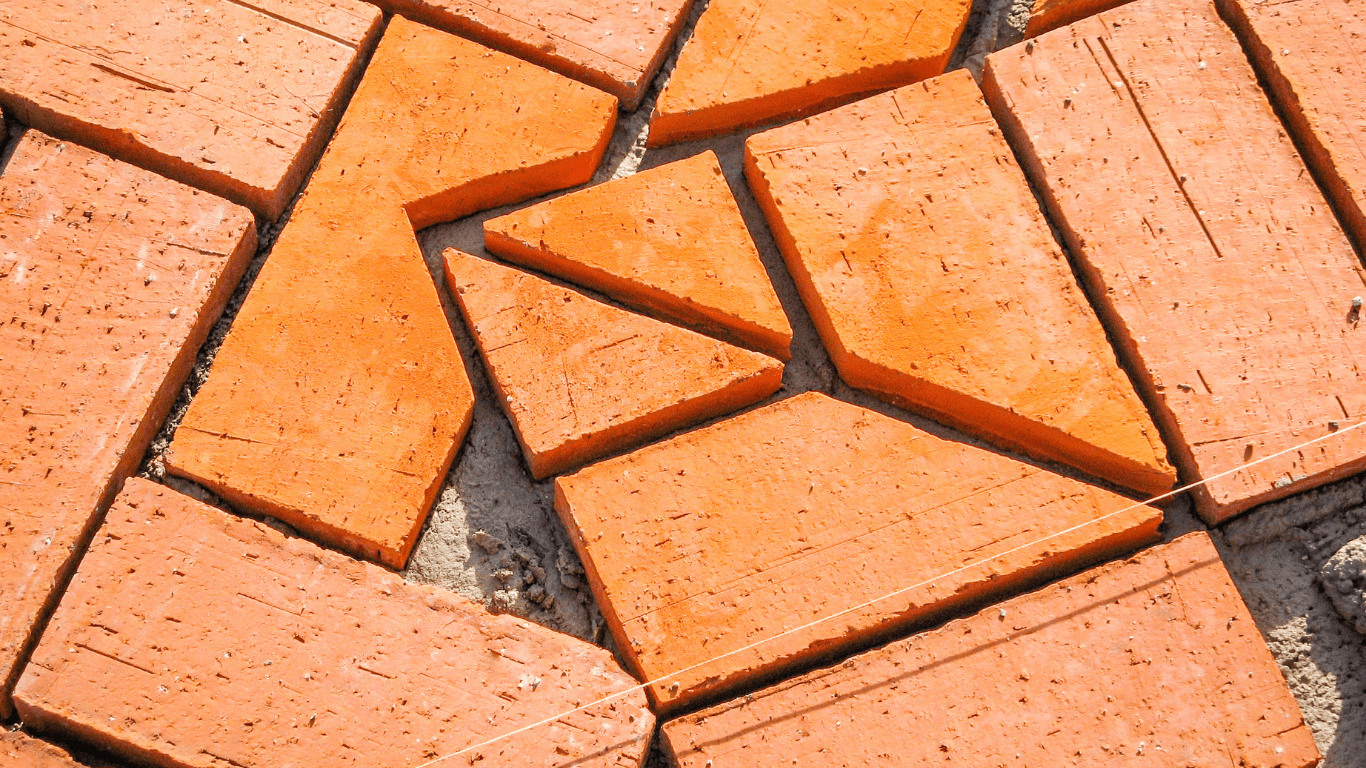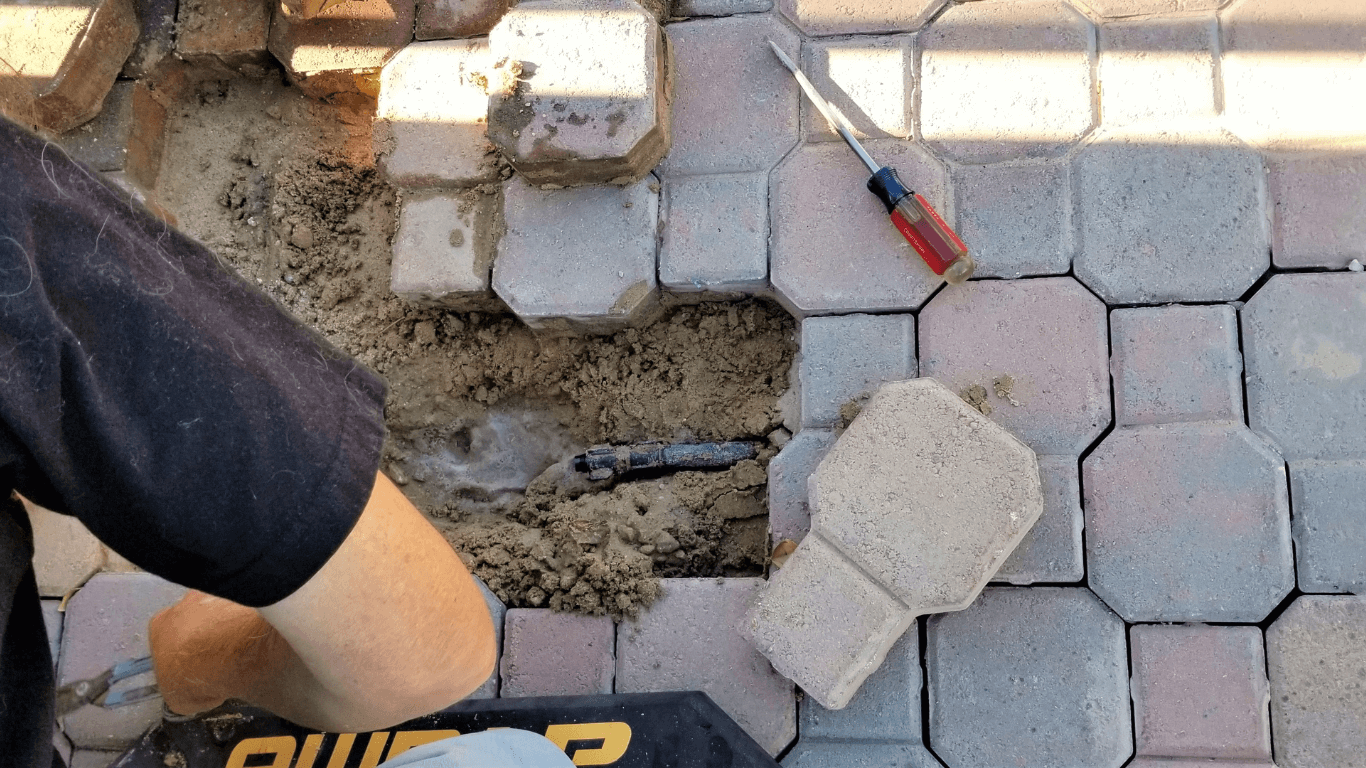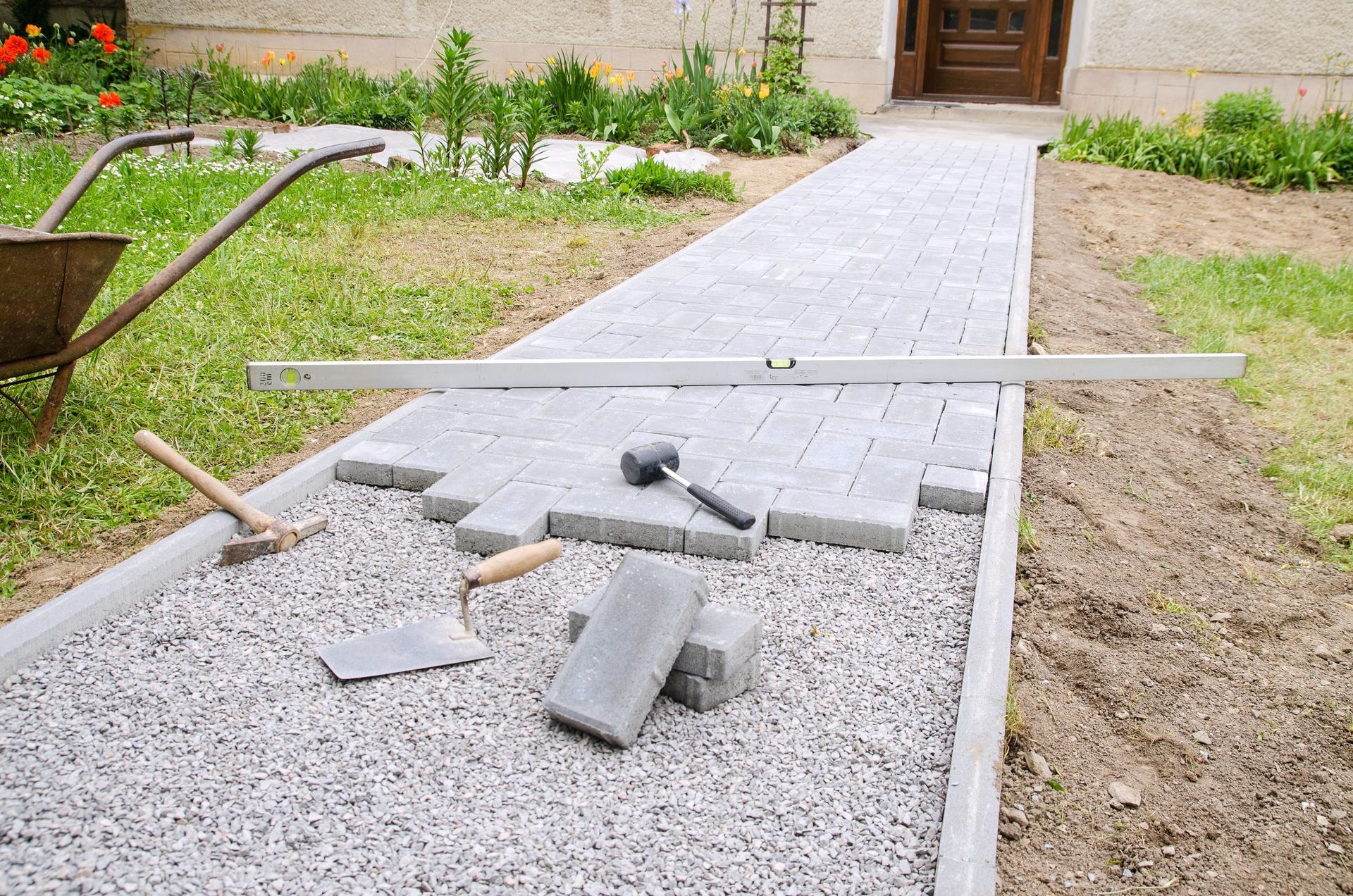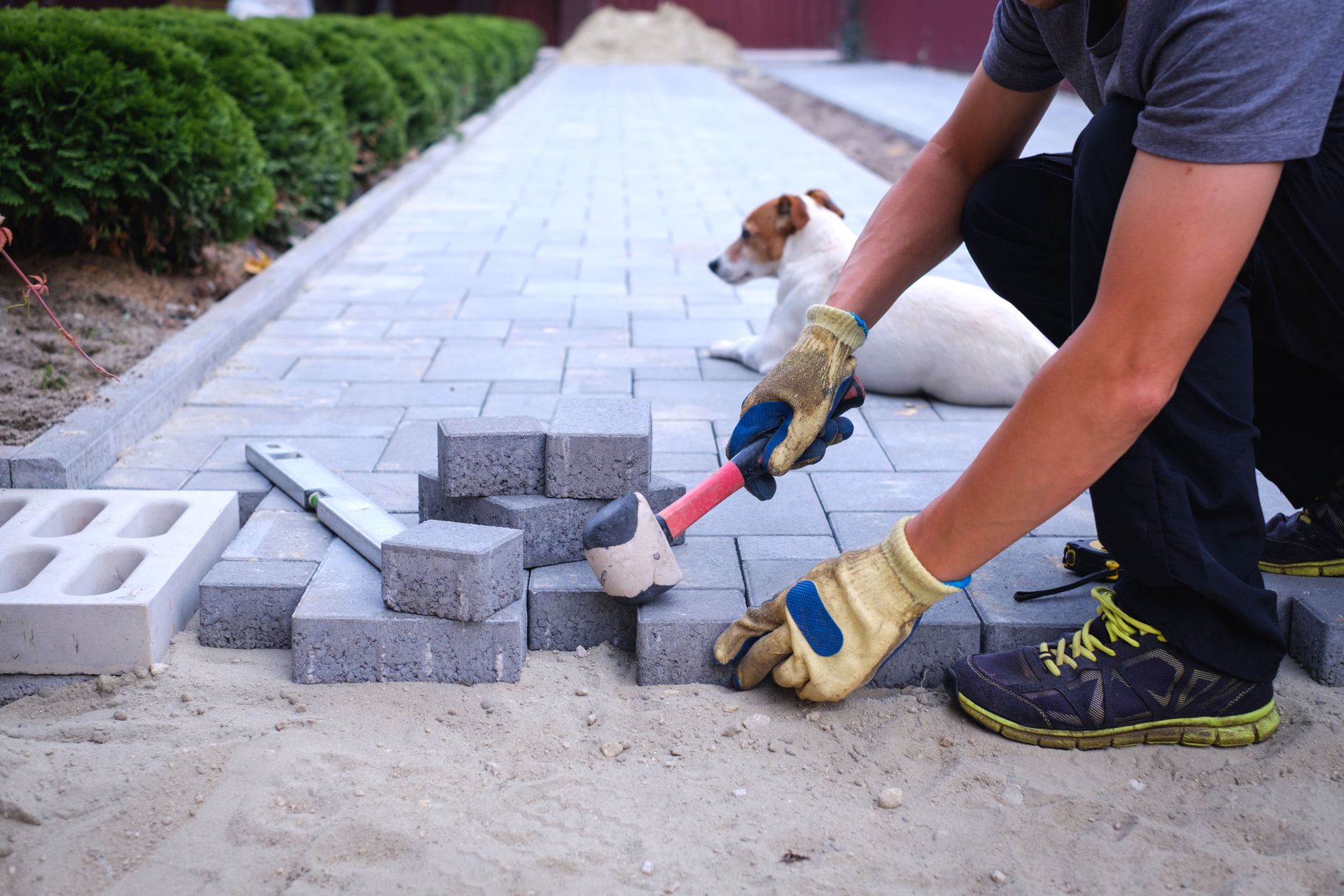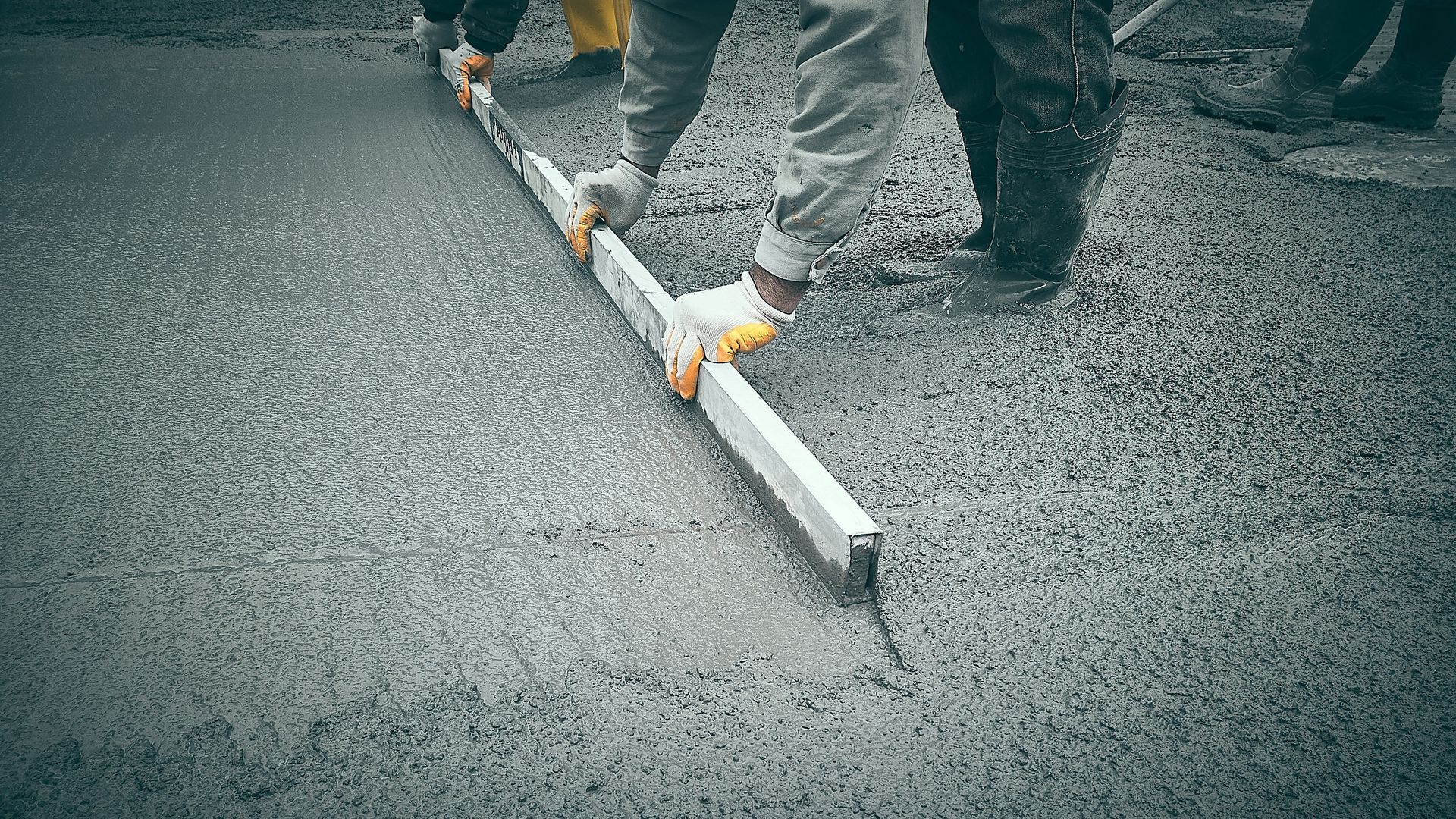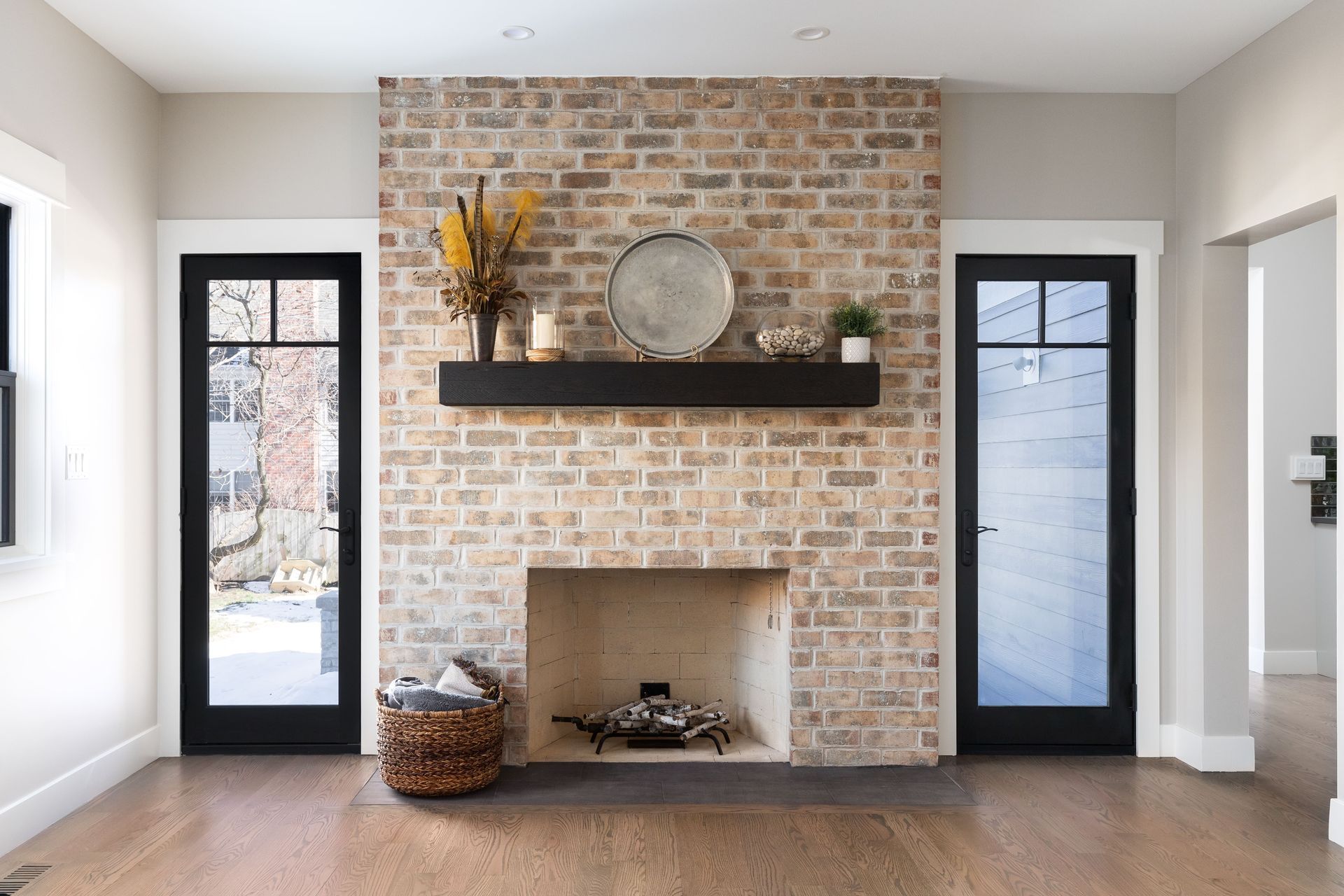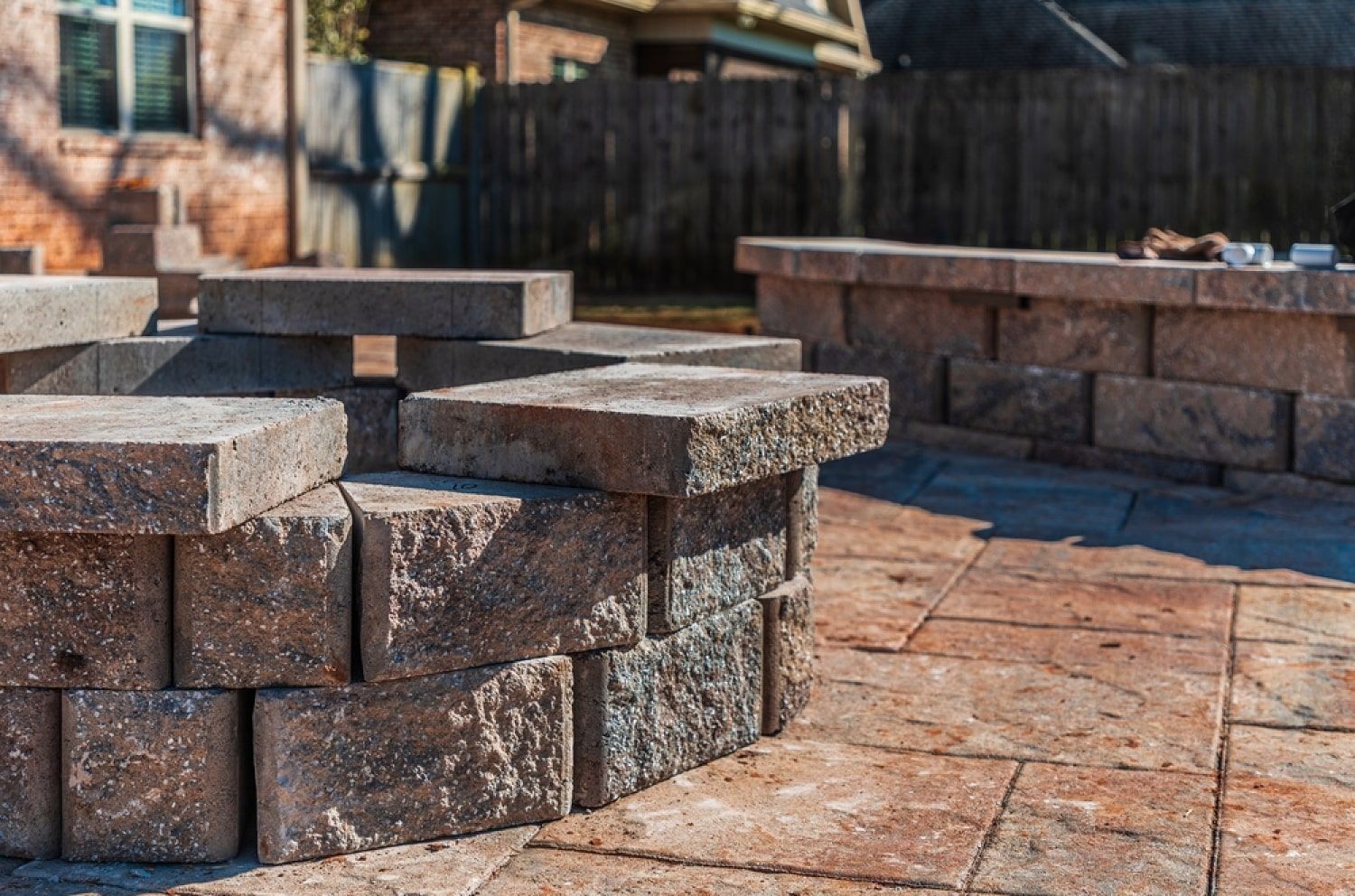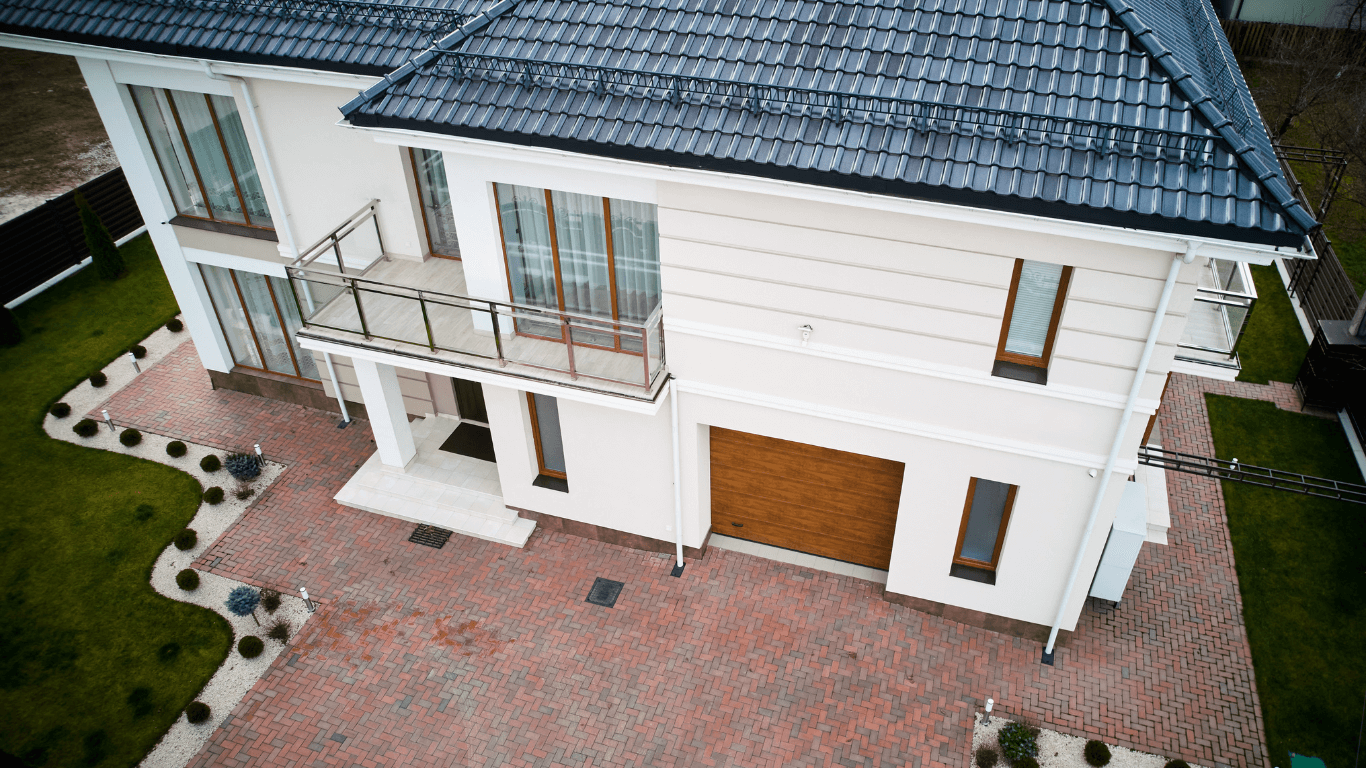10 Key Insights into Concrete Masonry: A Comprehensive Guide
Introduction to Concrete Masonry
Concrete masonry, an integral component of the construction industry, represents a remarkable amalgamation of durability and versatility. This section will explore the fundamentals of concrete masonry and its critical role in modern construction, offering a solid foundation for understanding this widely-used building material.
Understanding the Basics
Concrete masonry, primarily known for its utilization in building robust structures, comprises concrete blocks or Concrete Masonry Units (CMUs). These units are celebrated for their strength and flexibility, adapting seamlessly to various architectural designs and styles.
Importance in Modern Construction
The importance of concrete masonry in contemporary construction cannot be overstated. Its attributes like fire resistance, sound insulation, and structural integrity make it a top choice for builders and architects. These features not only ensure safety but also contribute to the aesthetic and functional value of buildings.

The Composition of Concrete Masonry
Delving into the composition of concrete masonry reveals why it's a powerhouse in the construction sector. We'll examine the key materials and the roles of aggregates and cement in providing this material its renowned strength and stability.
Key Materials and Components
At the heart of concrete masonry's strength are high-quality cement and carefully selected aggregates. This combination yields blocks that are not only robust but also capable of withstanding various environmental stresses.
The Role of Aggregates and Cement
Aggregates, such as sand and gravel, confer bulk and stability, while cement acts as the glue, binding these elements together. This synergy results in a durable material, ideal for enduring extreme weather and heavy loads.
Benefits of Concrete Masonry
Concrete masonry is not just about structural integrity; it's also about the benefits it brings to construction projects. In this section, we'll explore its durability, energy efficiency, and insulation properties.
Durability and Longevity

Concrete masonry structures are synonymous with longevity. With minimal upkeep, these structures can withstand the test of time, making them a cost-effective choice over the years.
Energy Efficiency and Insulation Properties
The thermal mass of concrete masonry contributes significantly to energy efficiency, offering superior insulation. This not only leads to reduced energy costs but also aligns with sustainable construction practices.
Types of Concrete Masonry Units (CMUs)
The versatility of concrete masonry is evident in the variety of CMUs available. From standard units to specialized blocks, each type serves specific construction needs.
Standard CMUs and Their Uses
Standard CMUs are the most commonly used blocks in masonry. They are suitable for a wide range of applications, from foundational structures to decorative facades.
Specialized Blocks for Specific Needs
Apart from standard blocks, the masonry industry has developed specialized CMUs for specific purposes. These include lightweight blocks for easier handling and acoustical blocks designed for soundproofing.
Concrete Masonry in Building Construction
Concrete masonry is a preferred material in both residential and commercial construction. This section will highlight its diverse applications in these sectors.
Residential Applications
In residential construction, concrete masonry is often used for building foundations, walls, and retaining structures. Its ability to provide thermal insulation and soundproofing makes it ideal for homes.
Commercial and Industrial Uses
In commercial and industrial settings, concrete masonry's strength and fire resistance are invaluable. It is commonly used for constructing warehouses, office buildings, and other commercial structures where durability and safety are paramount.
Design Flexibility with Concrete Masonry
The aesthetic potential of concrete masonry is often underestimated. This section will explore the design flexibility it offers, from varied finishes to creative architectural possibilities.
Aesthetic Variations and Finishes

Concrete masonry is not just functional; it also offers a range of aesthetic options. Various textures, colors, and finishes can be applied to CMUs, allowing architects to achieve diverse design objectives.
Creative Architectural Possibilities
The adaptability of concrete masonry to different architectural styles opens a realm of creative possibilities. From contemporary designs to traditional looks, concrete blocks can be molded to fit any architectural vision.
Sustainability and Environmental Impact
The ecological aspect of concrete masonry is a growing focus in the construction industry. We'll examine its eco-friendly attributes and the practices around recycling and lifecycle analysis.
Eco-Friendly Attributes
Concrete masonry's contribution to sustainable building practices is significant. Its thermal mass reduces energy consumption, and its durability means less frequent replacements, both of which are crucial for eco-friendly construction.
Recycling and Lifecycle Analysis
The recyclability of concrete masonry plays a vital role in its environmental impact. Lifecycle analysis shows that concrete blocks can be recycled for various purposes, reducing waste and promoting sustainable construction practices.
Comparing Concrete Masonry to Other Materials
When deciding on building materials, it's essential to compare concrete masonry with alternatives like wood and steel. This comparison will cover their strengths and cost-effectiveness.
Strengths Over Wood and Steel
Concrete masonry offers advantages over wood and steel, such as better fire resistance, termite-proofing, and reduced maintenance requirements. These features make it a more reliable and durable choice for many construction projects.
Cost-Benefit Analysis
The initial cost of concrete masonry might be higher than some alternatives, but its long-term benefits outweigh the upfront investment. Its durability and low maintenance needs translate to cost savings over time.
Maintenance and Care of Concrete Masonry
Maintaining concrete masonry is crucial for preserving its integrity and appearance over time. This section will provide tips for long-term preservation and address common repair and renovation issues.
Long-Term Preservation
Regular inspections and minor repairs are key to maintaining the longevity of concrete masonry structures. Simple practices like sealing joints and fixing cracks can significantly extend the life of masonry constructions.
Repair and Renovation Tips
Renovating and repairing concrete masonry requires specific techniques. It's important to match the new materials with the existing ones in terms of strength, color, and texture to maintain the overall integrity of the structure.
With an unyielding commitment to quality and precision, Constructive Concepts has been the backbone of numerous prestigious projects over the last 30 years in Staten Island, New York. Our areas of expertise include a diverse array of masonry works, flat work, interior renovations, and much more. We specialize in creating spaces that not only meet but exceed your expectations, through a collaborative approach that values your input at every step.

GET A FREE ASSESSMENT
How long have you been waiting for your dream design?
We invite you to experience the transformative journey from concepts to constructions, where dreams take a tangible form through a harmonious blend of skill and material. With Constructive Concepts, witness the crafting of dreams into reality, one stone at a time.
